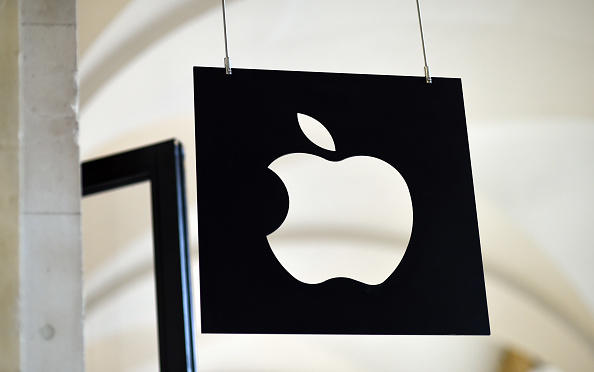Recently, the Supreme Court upheld a lower court’s decision that comes as a serious blow to Apple. The case in question, Apple Inc. v. Pepper, revolves around whether Apple’s App Store is a monopoly — and if iPhone users have the right to sue.
On Monday, the Supreme Court voted 5-4 that Apple app buyers could sue the company for allegedly driving up prices. The complaint says that because Apple charges a 30 percent commission to app developers, that fee is then passed onto consumers.
This is a big deal because Apple tried to say users can buy apps on other platforms so their store isn’t a monopoly, as reported by The Verge. In addition, Apple claimed iOS users are “indirect purchasers.”
In other words, they’re buying from the app developer and not from Apple. As a result, Apple itself cannot be sued. That logic rested on the Illinois Brick doctrine, which comes from an earlier Supreme Court case, Illinois Brick Co. v. Illinois.
As summarized by Wired, the state of Illinois sued multiple brick manufacturers and accused them of price fixing. Manufactures said that their direct customers were contractors and not the government. The Supreme Court agreed and found that indirect purchasers can’t sue for antitrust damages.
In this case, the Supreme Court decided that the Illinois Brick doctrine doesn’t apply to Apple. The decision itself reads:
“The sole question presented at this early stage of the case is whether these consumers are proper plaintiffs for this kind of antitrust suit—in particular, our precedents ask whether the consumers were ‘direct purchasers’ from Apple. It is undisputed that the iPhone owners bought the apps directly from Apple.”
It’s important to keep in mind that this doesn’t mean Apple lost the case altogether. The Supreme Court simply decided that the case is allowed to continue.
This opens up a lot of doors for people to potentially come after Apple and other big tech companies — especially if the plaintiffs win.
“I would anticipate that plaintiffs lawyers will be looking closely and looking at tech companies and internet platforms and thinking about who they might be able to sue now that this uncertainty is gone,” Valarie Williams, a partner at Alston & Bird told Wired.
Apple maintains that its app store isn’t a monopoly, but the case will still go on.

